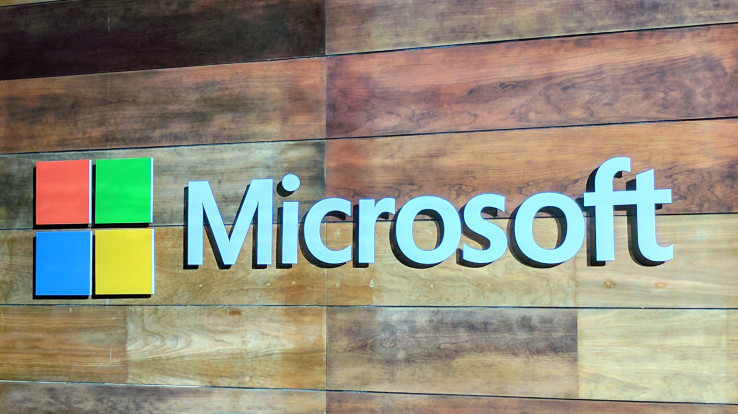

Microsoft today announced that it is joining the Cloud Foundry Foundation, the non-profit behind the open source Cloud Foundry platform-as-a-service project that’s currently in use by about half of the Fortune 500 companies.
Microsoft is joining at the Gold Member tier where it joins the likes of Google (which joined last December and also hired the foundation’s former CEO Sam Ramji), Huawei, Ford, GE Digital, NTT, Philips and Swisscom in supporting the project.
When I talked to him about this announcement last week, Cloud Foundry Foundation CTO Chip Childers noted that the addition of Microsoft to the roster of formal project supporters means that the project now has the support of two of the largest hyper-scale clouds — Google and Microsoft (which means that they must be seeing some clear demand from enterprises on their platforms for this as well).
One company that’s missing here is obviously Amazon. “We would welcome them,” Childers said, though while Amazon is slowly starting to get more active in the open source space, I’m not going to place any bets yet on when we’ll see Amazon join the Cloud Foundry Foundation.
Microsoft’s head of product for Azure Corey Sanders also told me that joining the Foundation, which is hosting its annual summit in Silicon Valley this week, will allow his company to get “much deeper in being able to deliver solutions, grow that community and expand the integration of Cloud Foundry.” Specifically, this means adding backend integrations with Azure Database for PostgresSQL and MySQL as the backend databases for Cloud Foundry-based applications, two services the company launched a few weeks ago at its Build developer conference. The company also today announced that the Cloud Foundry command-line tools are now available in the Azure Cloud Shell, which also launched at Build.
With the acquisition of Deis earlier this year, Microsoft also acquired a team of developers that was deeply involved in working with Cloud Foundry and especially the Open Service Broker API, which allows developers, ISVs and SaaS vendors to make their own service easily available to applications that run on platforms like Cloud Foundry, OpenShift or Kubernetes. With Deis joining Microsoft and Microsoft joining the Foundation, Sanders promises that we will see additional support for the Service Broker over time. Microsoft is also formally joining the Open Service Broker working group.
As for what Microsoft’s early engagement with the Cloud Foundry Foundation will look like, Sanders noted that the company wants to “mostly learn and engage with the community on a deeper level.”
It’s worth noting that Microsoft was already active in a number of Cloud Foundry projects, so today’s announcement mostly puts a ring on this relationship

